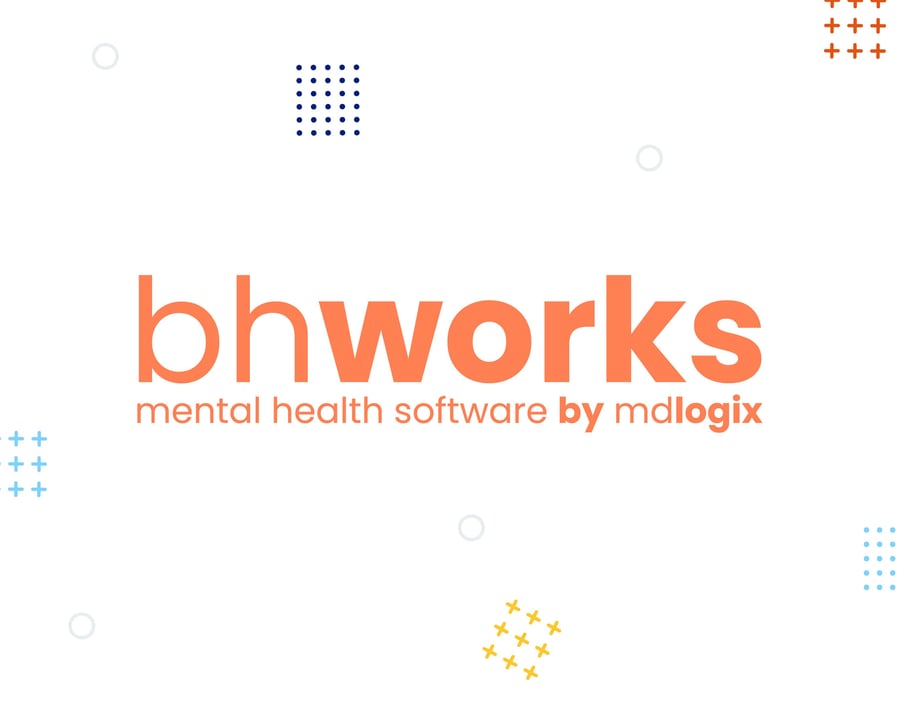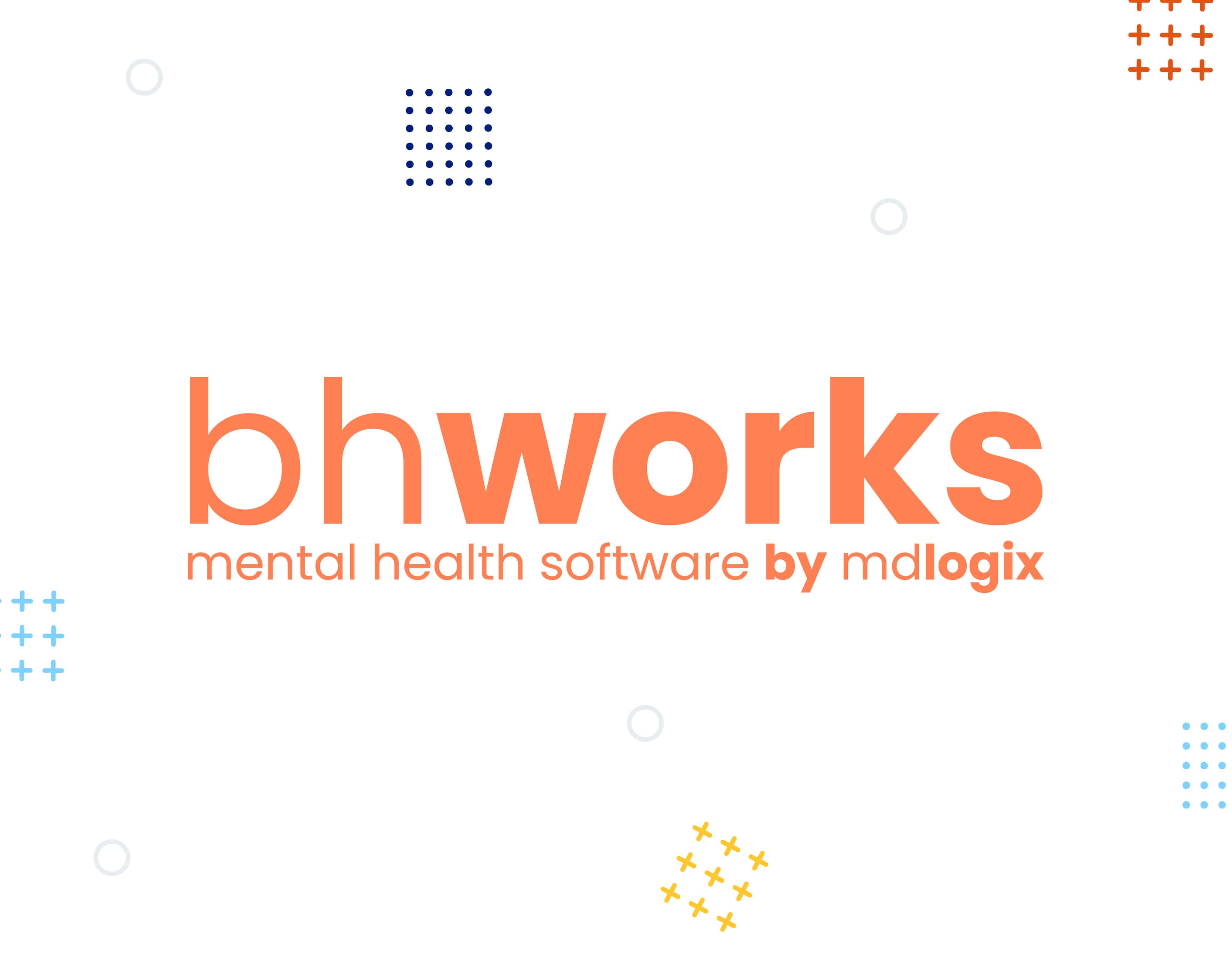mdlogix rolls out features to streamline GPRA reporting for federal grantees
To ensure government accountability and to eliminate wasteful spending, the Government Performance and Results Act (GPRA) requires federal agencies set specific long-term and near-term performance goals. Due to this mandate, all federal grantees are required to collect and report performance data using tools provided by their funding agency.
At mdlogix, we’re strong proponents of real-time program evaluation, but we understand that outcomes reporting can create a lot of work for program staff, particularly when data is collected in clinical settings. We hear about these problems all the time, so we were excited to work with a university client to streamline reporting for a SAMHSA-funded program that addresses opioid and alcohol use disorder.
Before we began this project, program staff were completing paper GPRA forms in the field, manually entering the data into SPARS at a later date (SPARS is SAMHSA’s online data collection and reporting system). Participants were required to have a unique GPRA ID based on specific responses in this form, such as endorsing risk for substance use disorder and agreeing to treatment. Staff were manually reviewing each form and generating these IDs on a case-by-case basis, which was very time consuming.
To simplify this process, we built an electronic version of the form in our web-based BH-Works platform so program staff could collect data on a tablet or other mobile device. BH-Works is now configured to automatically generate a GPRA ID based on a participant’s responses.
Then we worked to create a process that would automatically upload this data to the SPARS system, eliminating duplicate data entry. To help mitigate errors, we configured the form to include built-in validation that prompts the user to complete all required sections prior to uploading to SPARS.
Additionally, due to security compliance, the participant’s first and last name could not be visible to the research team using BH-Works. To solve this issue, we created an alias feature using a portion of the GPRA ID as a unique identifier.
We’re looking forward to expanding these features to help other SAMHSA grantees, as well as grantees working with other federal agencies.
Relevant posts
Related Posts

Kansas will use bhworks to collect data and submit it to the federal government

mdlogix Awarded Federal Grant Expected to Improve Suicide Prevention Programs through Machine Learning



